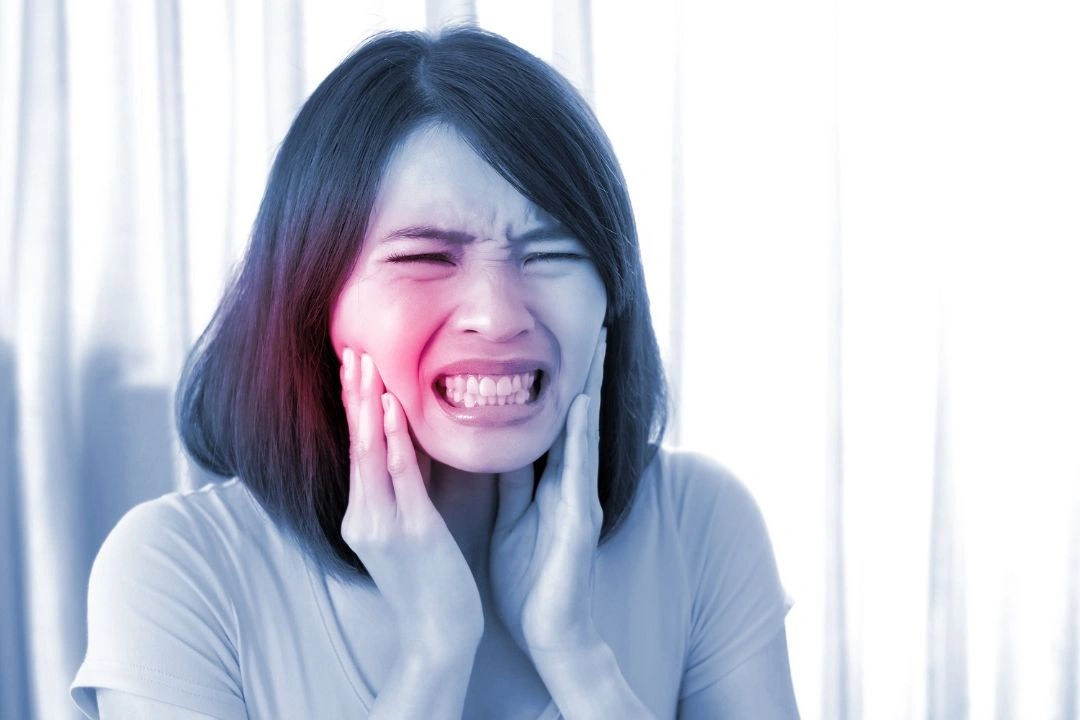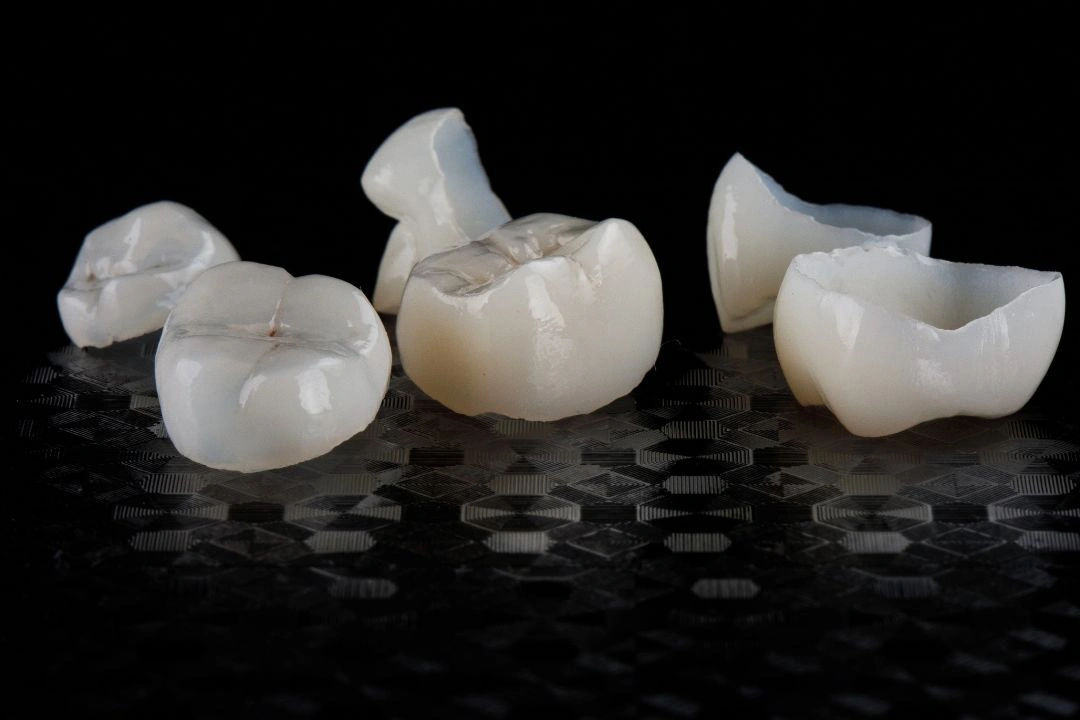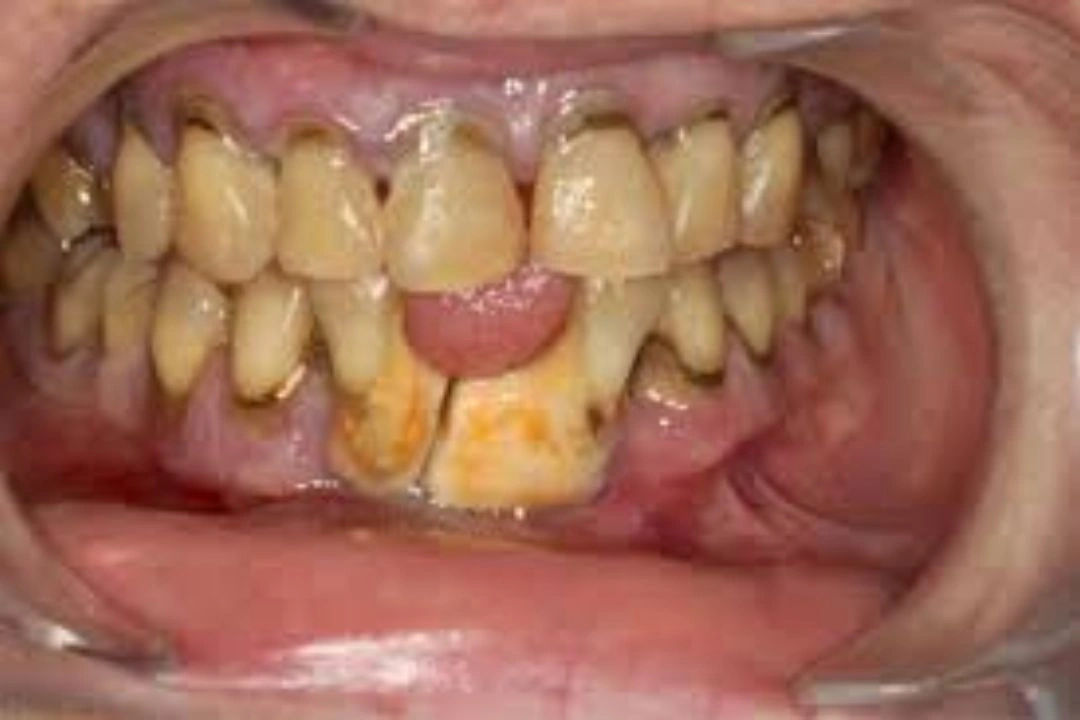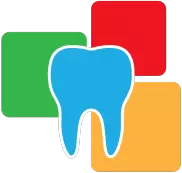Introduction
Mouth ulcers referred to as oral ulcers or canker sores and are the small, painful lesions which inside the mouth mucous membrane.
The Development of Mouth Ulcers
- - Morphology: Most mouth ulcers are circular or oval and contain a middle of a white, yellow, or grayish color surrounded by a red margin in general.
- - Size: They usually measure one of the three millimeters to the ones of the centimeters.
- - Duration: In nearly all patients, mouth ulcers disappear by the end of the first to the second week and do not scar. A few cases are, however, more serious and can last longer, the way they have to be medically treated. More than 2 weeks may be expected for the case to recover.
Varieties of Mouth Ulcers
- Canker Sores: These are the common lip lesions, that are not transmitted from one person to another and are due to stress, minor dental trauma or certain foods.
- Cold Sores: The indisputable fact is that they are the outcome of the herpes simplex virus, and they can be found almost on the edges of lips and around the mouth.
- Traumatic Ulcers: These are the result of injuring your mouth, such as the result of biting your cheek or irritation from braces, and they are a form of ulcer.
- Aphthous Stomatitis: A condition characterized by recurrent mouth ulcers, often with an unknown cause.
Mouth Ulcers Causes
Mouth ulcers can be caused by various factors. Some of them are:
- - Mechanical Injuries: Biting the cheek, wearing braces, or having sharp teeth can cause mouth ulcers.
- - Nutritional Deficiencies: Inadequate vitamins and minerals like Vitamin B12 and iron may lead to the development of mouth ulcers.
- - Stress and Hormonal Changes: Stress and the changes in hormones due to menstrual periods can be causes for forming mouth ulcers.
- - Certain Foods and Medications: Spicy, hot, or acidic foods and drugs are the things that may cause ulcers.
- - Underlying Health Conditions: Mouth ulcers could be caused by chronic conditions like Crohn's disease and celiac disease.
Symptoms of Mouth Ulcers
The main symptoms of mouth ulcers are as follows:
- - Pain and discomfort, especially when eating, drinking, or talking.
- - A burning or tingling sensation before the ulcer appears.
- - Swelling and redness around the soreness.
- - In some cases, especially if the condition is severe, other symptoms such as fever and swollen lymph nodes might occur.
Diagnostic Procedures
AMD Dental Clinic specialists diagnose this problem visually by observing the ulcer and looking at the patient's medical history. If necessary, blood tests or a biopsy may be done to find the cause and to give an in-depth treatment.
Histology of Mouth ulcer
Microscopically, the ulcer's surface is the site where the epithelial layer is lost; the underlying connective tissue becomes not only uncovered but also necrotic debris, fibrin, and neutrophils appear inside thus indicating acute inflammation. Next to the ulcer, granulation tissue fills the space along with the fibroblasts, capillaries, and chronic inflammatory cells that are involved in the healing process.
On the other hand, Chronic ulcers may exhibit hyperplasia of overlying epithelium and deeper fibrosis. Vascular proliferation in granulation tissue is evidence of healing formation, but the adjacent tissues, in the meantime, find edema and reactive changes a result of persistent inflammation. The given features show the damaged tissue and what the body does to heal it.
Treatment Options at AMD Dental Clinic
Topical Treatments
- Antiseptic Gels and Mouthwashes: These help prevent infection and promote recovery of the ulcerated wound.
- Pain Relief Ointments: Topical analgesics can provide immediate relief from pain and discomfort.
Oral Medications
- Drugs with inflammatory effects: They help in reducing pain and reduce inflammation.
- Antibiotics: If the causative agent is already established to be bacteria, your doctor will likely prescribe an antibiotic.
Lifestyle and Home Remedies
- Dietary Adjustments: To avoid acidic foods, one should exclude them from the menu, which can be contributive to prevention of the mouth ulcer and for the better condition of valleys.
- Stress Management Techniques: Besides, stress may control you through practicing relaxation techniques or counseling thus there is the possibility to avert the oft-recurrent ulcers.
Over-the-Counter Options
Antibiotics and Ointments
There are over-the-counter (OTC) antibiotics available if you have a mouth ulcer you need to treat and that could give you some relief. They are the following:
Antibacterial Mouthwashes: To clear the site of corrosion and reduce the instance of that kind of bacteria.
Topical Antiseptic Ointments: A common example of this category is benzocaine and lidocaine, which can both numb and kill any pain and microbes in the target injury area.
Hydrogen Peroxide Rinses: These are used in the mouth to effectively eliminate the staphylococcus.
Patches
A different OTC product called oral ulcer plaques is now on the market containing natural substances, similar to a protective bandage, that protect the affected site and at the same time they are effective in the healing and alleviation of pain. These insulated patches coordinate with the ulcer and administer medication steadily over the course, giving continuous release of pain and shielding from more damage.
Steroids
In circumstances, where a person feels more significant or prolongs the process, the medical practitioner may allocate topical causes to decrease swelling and encourage the process of regeneration. These may be in the form of gels, pastes, or rinses. The use of steroids must be fulfilled under the watchful eyes of a medic to evade the risk of developing undesired effects and to get precise treatment.
Specialized Services at AMD Dental Clinic
Advanced Treatments
- Laser Therapy: An innovative approach promoting quicker healing and lessening of discomfort.
- Customized Dental Appliances: These appliances might assist in the preventive part of the force to the oral tissues, which results in ulcers reduction.
Holistic Approaches
- Nutritional Counseling: Our professionals lead the way by teaching tips for getting through each day with a balanced diet and eliminating nutritional deficiencies.
- Preventive Care and Education: We urge the necessity of practicing oral hygiene and, as part of that; we do also give pieces of advice on protective measures to avoid mouth ulcers.
AMD Dental Clinic aims to be the top clinic catering to oral relief. Our {T/A} facility and staff have the expertise and necessary equipment to ensure that you are always treated with the best care you need for a dental ulcer. For more data or to reserve an appointment for yourself, please let us know now.
- A-3, Natraj Nagar near Imli Phatak, Jaipur-302015
- +91 9945826926
- contact@amddentalclinic.com

Protect Your Teeth from Sensitivity – Expert Tips Inside!
Say goodbye to tooth sensitivity with expert tips! Learn how to protect your teeth, reduce discomfort, and enjoy a pain-free smile with effective remedies. Read now!

Shine Like a Star! Best Dental Crowns for a Flawless Smile
Get a flawless smile with the best dental crowns at AMD Dental Clinic! Restore damaged teeth with durable, natural-looking crowns. Book your consultation today for a radiant smile!

Pyorrhea Treatment: Can You Reverse Gum Disease Naturally?
Discover effective Pyorrhea treatment options and learn how to reverse gum disease naturally. Explore home remedies, professional treatments, and prevention tips for healthier gums.
FAQs
How long does it take for mouth ulcers to heal?
The majority of mouth ulcers recover in 1 to 2 weeks. However, it may be necessary to have treatment from a professional dentist for the worst case.
Are mouth ulcers contagious?
Canker sores are not contagious but cold sores, which are induced by the herpes simplex virus, are culprit and can travel from one person to another through close physical contact.
What should I avoid eating with mouth ulcers?
Refrain from consuming spicy, acidic, and abrasive foods that might offend the ulcer and prolong the recovery.
